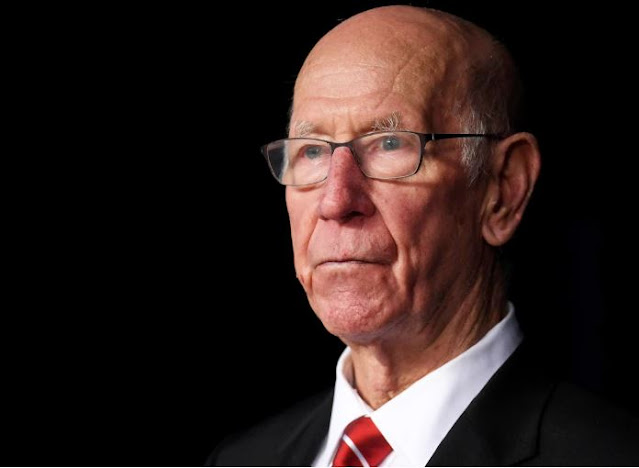Telecommunications Grid in Gaza Collapses as Fuel Supply Runs Dry
Telecommunications Grid in Gaza Collapses as Fuel Supply Runs Dry
| Resourceful Act: Palestinian Boy Charges Phone Using Community-Provided Batteries Amid Gaza's Power Shortages |
Palestinian telecom giants, Jawwal and Paltel, recently declared a complete outage of their network in Gaza. The dire situation arose due to the blockade preventing the influx of fuel into the besieged territory.
In their statements on X, both companies lamented the depletion of all energy sources vital for sustaining the network. A day earlier, they had forewarned about an imminent 'complete blackout' in Gaza due to the scarcity of fuel required to power crucial data centers and switches.
Since Wednesday afternoon, basic network functions have been sustained only through battery backups. Consequently, all fixed, cellular, and internet services across Gaza have ceased, isolating its 2.3 million residents from the outside world and severing vital connections among themselves.
The repercussions are dire. Ambulances are stationed outside Nasser Hospital, with medical staff awaiting updates on any potential bombings to swiftly respond. This situation, though not unprecedented, exacerbates the crisis for individuals attempting to access emergency services during bombardments.
The humanitarian crisis in the region is escalating rapidly. The absence of food, water, fuel, and electricity for over a month has exacerbated the plight of Gaza's population.
Fuel has become a strategic 'weapon of war.' Israel's cessation of fuel shipments following an attack by Hamas fighters has contributed to what's been described as a 'complete siege' on the territory. The toll has been devastating, with Israeli authorities reporting around 1,200 casualties, including over 4,700 children, since the attack.
Despite the siege, a glimmer of hope emerged as the first fuel truck entered Gaza on Wednesday. However, restrictions imposed by Israeli authorities limit its use exclusively for aid transport from Egypt, as stated by the UN Relief and Works Agency for Palestine Refugees (UNRWA) Chief, Philippe Lazzarini, condemning the use of fuel as a weapon in conflict.
The blackout crisis intensified after Israel's ground invasion, causing two previous blackouts by cutting communications and internet services. Humanitarian agencies and first responders emphasize how blackouts severely impede their operations and endanger lives.
Rasha Abdul-Rahim, director of Amnesty Tech, highlighted the grave consequences: limited access to life-saving information and hampered emergency services. She underlined the severe disruption in the critical work of humanitarian agencies due to communication breakdowns.
Deborah Brown, senior technology researcher at Human Rights Watch, pointed out that extended communications blackouts could provide cover for atrocities, breed impunity, and undermine humanitarian efforts, ultimately risking lives.
The instability in Gaza has rendered communications networks unreliable since the conflict began, primarily due to power shortages and infrastructure damage from relentless bombardments.
The Palestinian Ministry of Communications and Information Technology had previously appealed to Egypt for assistance, requesting the operation of communication stations near the Gaza border and activation of roaming services on Egyptian networks."
This revised version focuses on the core points from your original article while aiming for uniqueness in language and structure for potential publication.






